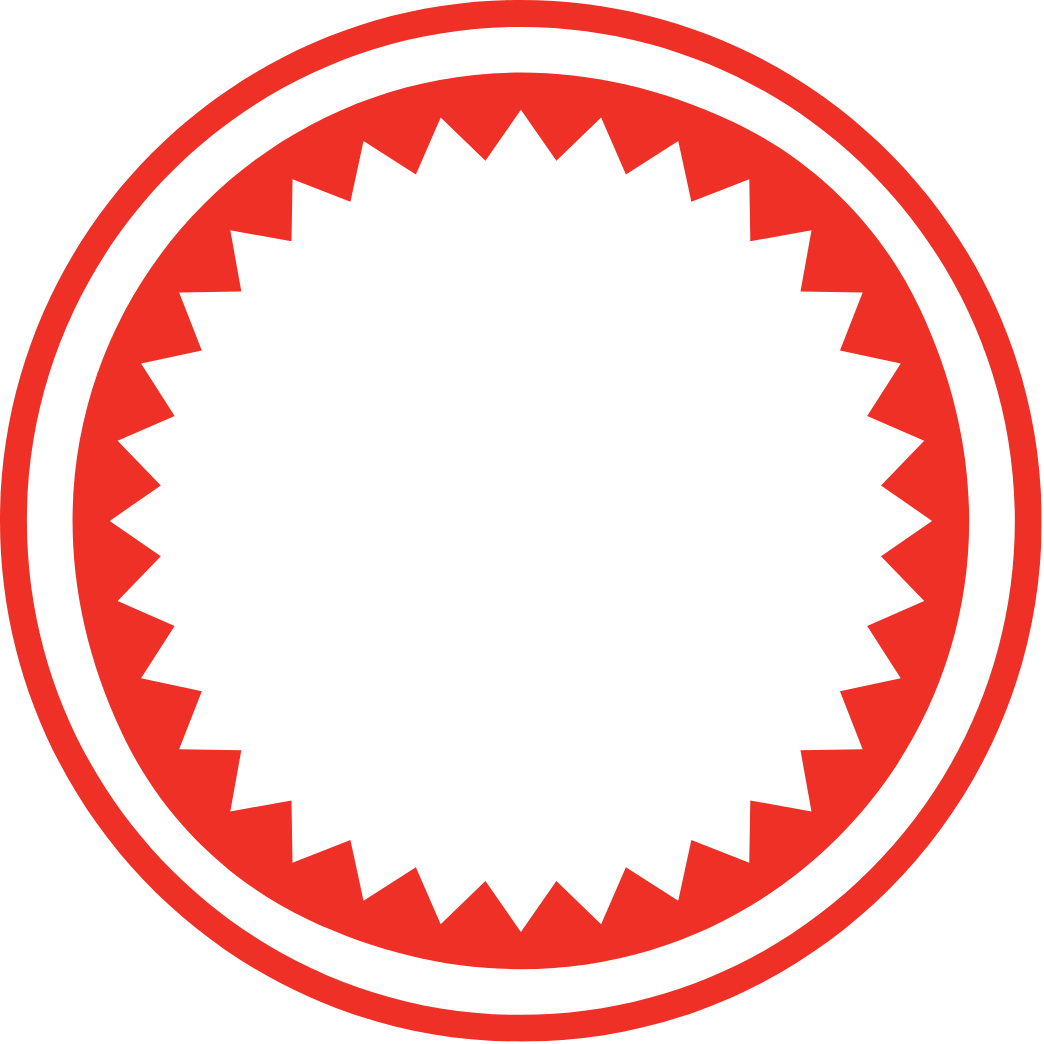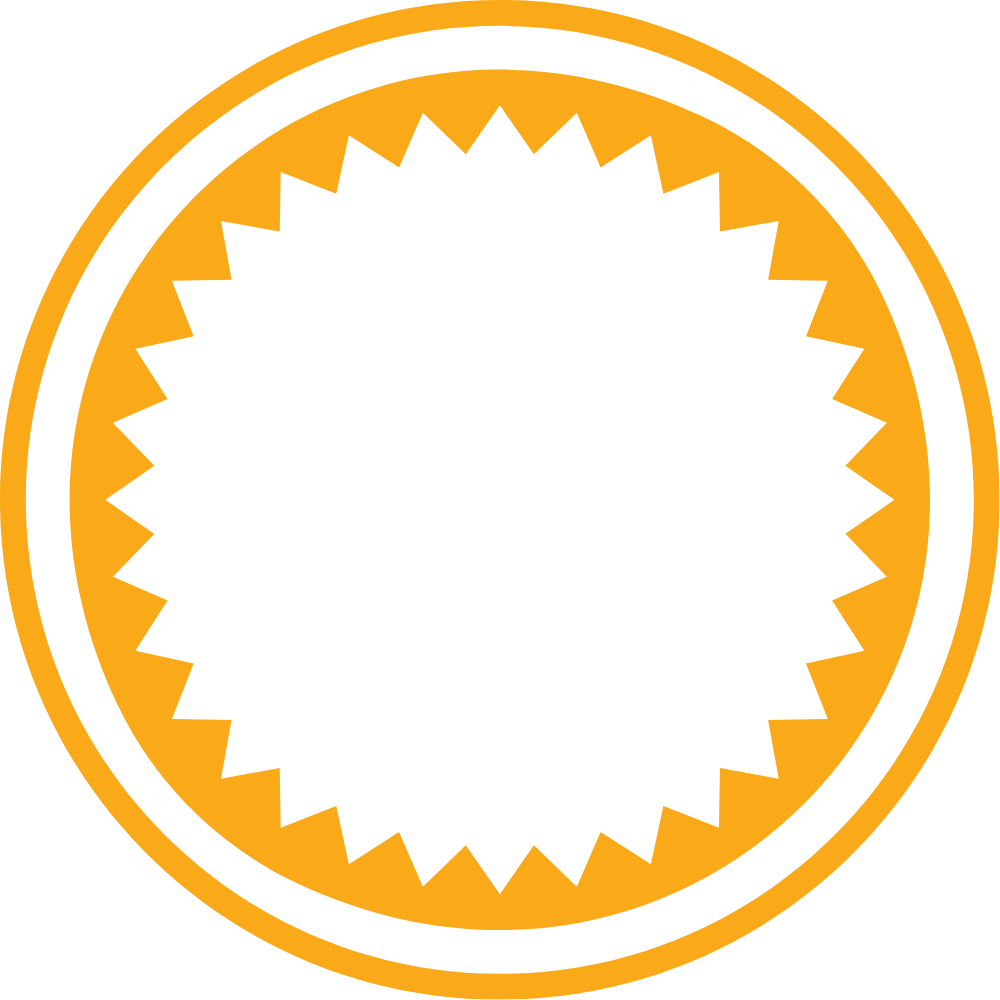In a rapidly globalizing world, quality translation services are vital for businesses and individuals looking to bridge cultural and linguistic divides. Whether for business documents, user manuals, or marketing campaigns, high-quality translations ensure accuracy, clarity, and cultural relevance.
Achieving these standards requires not just professional translators but also a robust quality assurance (QA) framework. This blog explores how rigorous QA processes guarantee exceptional translations and elevate user experience.
The Role of QA Processes in Quality Translation Services
QA processes form the backbone of high-quality translations. These processes involve systematic checks and balances that identify and rectify errors before the final delivery. By incorporating both manual and automated testing, teams can ensure translations meet the required standards while optimizing efficiency.
Manual and Automated Testing
Manual tests remain crucial in translation QA. Human translators and QA engineers meticulously review text to verify linguistic accuracy, contextual relevance, and cultural appropriateness. These manual reviews focus on nuances that automation might miss, such as idiomatic expressions or regional dialects.
On the other hand, automation testing accelerates the QA process by handling repetitive tasks. Tools like spell checkers, grammar analyzers, and terminology management systems streamline testing scenarios, ensuring consistency across large projects. Combining manual and automated testing provides comprehensive test coverage, minimizing errors and maximizing quality.
Steps to Ensure High-Quality Translations
- Requirement Analysis
Before initiating a project, QA engineers and test managers perform requirement analysis. This step involves understanding the client’s objectives, target audience, and cultural considerations. Clear requirements pave the way for creating effective testing scenarios and selecting appropriate test data.
- Collaboration with Professional Translators
Quality translation services rely heavily on skilled human translators. These professionals bring expertise in linguistic nuances and cultural contexts, which no machine translations can fully replicate. Working closely with translators ensures the translated content aligns with both linguistic standards and the client’s vision.
- Testing Tools and Test Cases
Employing advanced testing tools helps teams execute test cases efficiently. QA engineers use tools designed for translation-specific tasks, such as terminology management and linguistic quality evaluation. Additionally, unit tests are conducted to validate individual components, while smoke tests check the overall functionality of translation workflows.
- Test Coverage and Execution
Comprehensive test coverage ensures every aspect of the translation—from grammar and syntax to formatting and localization—is thoroughly examined. QA teams execute test cases tailored to the project’s requirements, addressing potential issues proactively.
- QA Tests and Final Review
QA tests play a pivotal role in maintaining consistency and accuracy. Through manual and automated testing, QA teams identify discrepancies and ensure adherence to quality standards. A final review by professional translators guarantees the translation’s readability and cultural relevance.
The Impact of QA Processes on User Experience
High-quality translations directly influence user experience. Accurate and culturally relevant content enhances comprehension, trust, and engagement. Conversely, poorly translated materials can lead to misunderstandings, diminished credibility, and lost opportunities.
By implementing rigorous QA processes, vendors ensure that translations not only meet linguistic standards but also resonate with the target audience.
How to Evaluate and Select the Best Translation Vendors for Your Projects .. Read more!
Embracing Technology for Enhanced QA Processes
The integration of machine translations with human expertise has revolutionized the translation industry. While machine translations offer speed and cost-efficiency, they often require post-editing by human translators to meet quality standards. Automated testing tools complement this process by identifying errors quickly and consistently.
For instance, leveraging test data during automation testing allows QA engineers to simulate various testing scenarios. These simulations help identify potential pitfalls early in the workflow, ensuring smoother execution of test cases. Additionally, collaborative tools enable team members to share feedback and updates in real-time, fostering a seamless QA process.
Building an Effective QA Team
A successful QA process requires a dedicated team comprising test managers, QA engineers, and professional translators. Each team member plays a specific role in ensuring high-quality translations:
- Test Managers oversee the entire QA process, ensuring alignment with client requirements.
- QA Engineers design and execute test cases, focusing on both manual and automated testing.
- Professional Translators bring linguistic and cultural expertise, providing the final seal of approval on translations.
This collaborative approach ensures that every translation undergoes rigorous scrutiny, resulting in high-quality outputs.
Conclusion
Ensuring high-quality translation services requires a harmonious blend of human expertise, advanced technology, and rigorous QA processes. By prioritizing quality through manual and automated testing, vendors can deliver translations that resonate with diverse audiences.
As businesses continue to expand globally, investing in robust QA frameworks will remain essential for achieving seamless and impactful communication.
Elevate Your Message with AfroLingo: High-Quality Translation at Its Best!
At AfroLingo, we believe that every word counts. Our team of skilled translators goes beyond mere language conversion; we capture the soul and nuance of your message, ensuring it resonates with your audience.
Whether you require precise translations for technical documents, expert legal insights, medical terminology, or compelling marketing content in French, we’ve got you covered.
With AfroLingo, you can expect translations that are not just accurate but impactful, helping you connect and communicate effectively.
Request a Quote and take your communication to new heights with AfroLingo!
Your FAQ Guide to Top-Notch Quality Translation Services
What are quality translation services?
Quality translation services involve translating content with accuracy, cultural relevance, and linguistic precision. These services prioritize readability, consistency, and alignment with the target audience’s expectations.
What is QC translation?
QC (Quality Control) translation refers to the processes and checks conducted to ensure that translations meet predefined quality standards. It involves reviewing, testing, and validating translations before final delivery.
Why is translation quality important?
Translation quality is essential to ensure accurate communication, maintain brand reputation, and build trust with the target audience. Poor-quality translations can lead to misunderstandings, loss of credibility, and financial losses.
Why are quality translation services important?
Quality translation services are crucial for bridging linguistic gaps and fostering global connections. They enhance user experience by delivering accurate and culturally appropriate content, enabling businesses to thrive in diverse markets.







